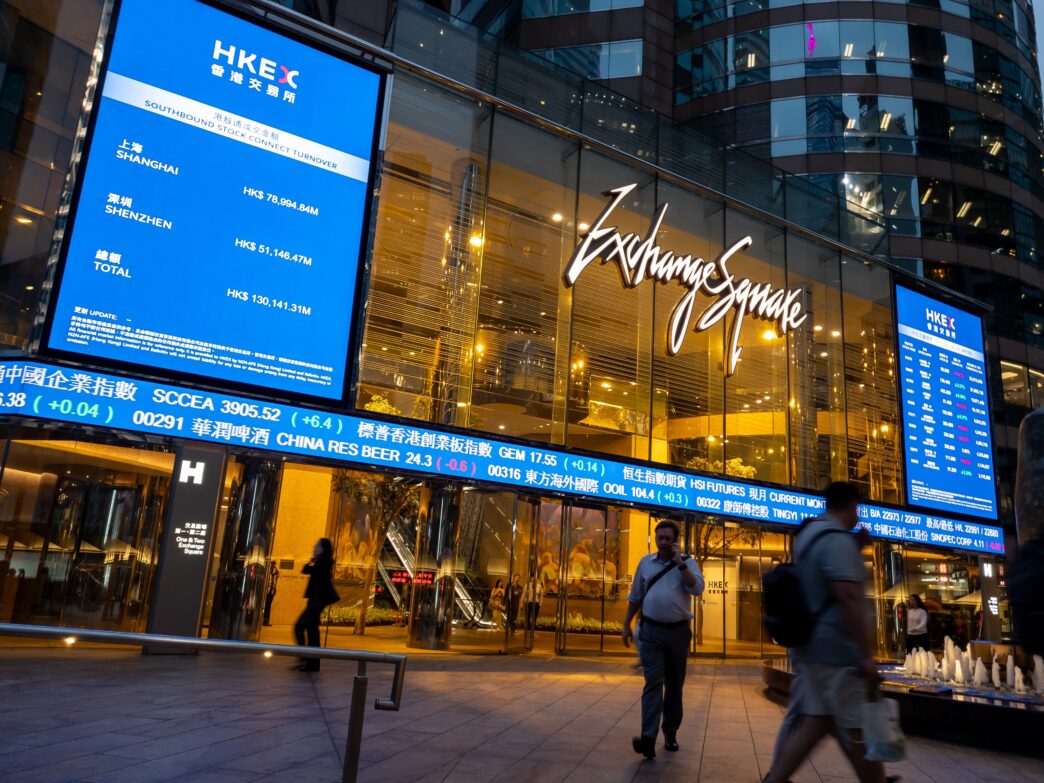Executive Summary
The Story So Far
Why This Matters
Who Thinks What?
Asian equities experienced significant cross-border outflows during the first week of November, with foreign investors divesting approximately $10.18 billion from markets across Taiwan, South Korea, India, Thailand, Indonesia, Vietnam, and the Philippines. This substantial pullback, for the week ending November 7, marks a reversal from the $2.28 billion in net purchases observed in October, driven by investor caution over high tech valuations and uncertainty regarding the sustainability of the recent market rally.
Regional Market Performance
South Korean stocks saw the largest net foreign outflows, totaling roughly $5.05 billion, which reversed the $4.21 billion in inflows from the previous month. Taiwan followed with $3.86 billion in net cross-border sales, surpassing its $3.21 billion outflows recorded in October.
Indian equities also registered net foreign outflows of $1.42 billion last week, after attracting $1.66 billion in inflows during October. Smaller outflows were noted in Vietnam, at $95 million, and Thailand, at $40 million. In contrast, Indonesia and the Philippines bucked the trend, drawing inflows of $207 million and $77 million, respectively.
Tech Sector Valuations
The outflows in key markets like South Korea and Taiwan were primarily influenced by weakness in artificial intelligence (AI)-related companies. Jason Lui, head of APAC equity and derivative strategy at BNP Paribas, noted that this trend aligns with global headwinds affecting other major markets, including Japan and the United States.
The MSCI’s Asia ex-Japan information technology sector index declined by 4.23% last week, following robust gains of 62.5% over the six-month period through October. Similarly, the MSCI’s global information technology sector index shed 4.38% in the preceding week. Despite renewed concerns over elevated tech valuations triggering volatility, Mark Haefele, chief investment officer at UBS Global Wealth Management, suggested that solid fundamentals justify current levels, forecasting 15% earnings growth for global tech this year and a further 12.5% increase in 2026.
LSEG data indicated that the MSCI Asia Pacific ex-Japan index’s 12-month forward price-to-earnings (PE) ratio reached 15.81 at the end of October, marking its highest point since June 2021.
India’s Position
An HSBC report released last Friday highlighted India as the biggest underweight in global emerging markets (GEM) portfolios, with only a quarter of tracked funds being overweight on the country relative to their benchmarks. The report suggested that India serves as a strong AI hedge and offers diversification for investors wary of the AI rally, positioning it as a significant beneficiary of any additional capital flowing into the emerging markets region.
The first week of November saw a notable shift in investor sentiment towards Asian equities, with significant profit-taking and a cautious approach to tech valuations dominating cross-border flows. While some markets experienced minor inflows, the overall trend reflected a re-evaluation of risk and a move away from previously strong-performing sectors.







